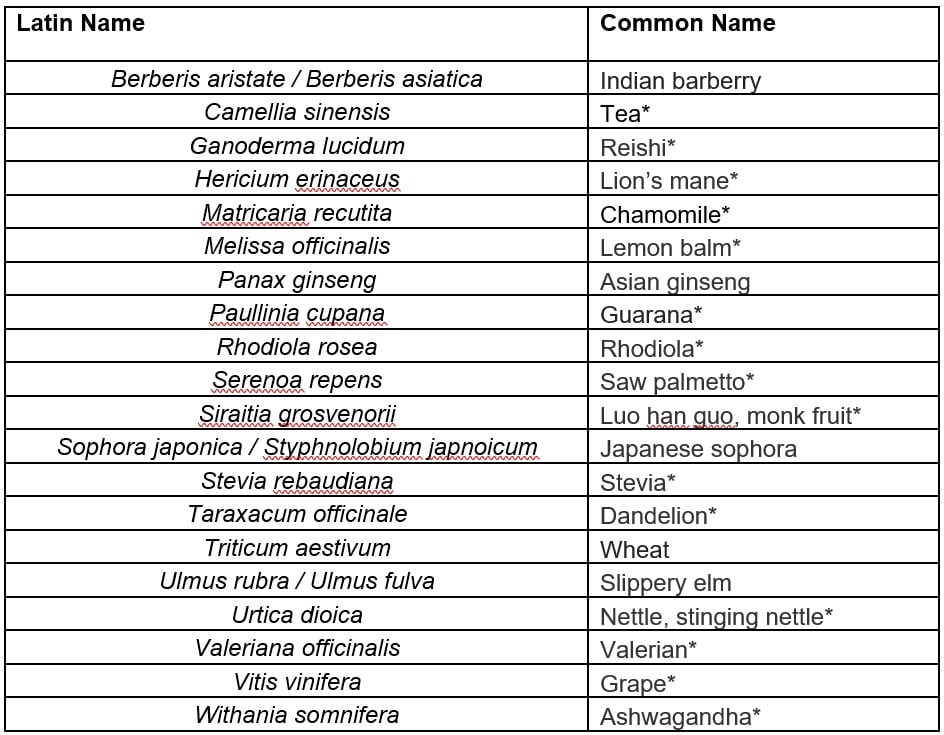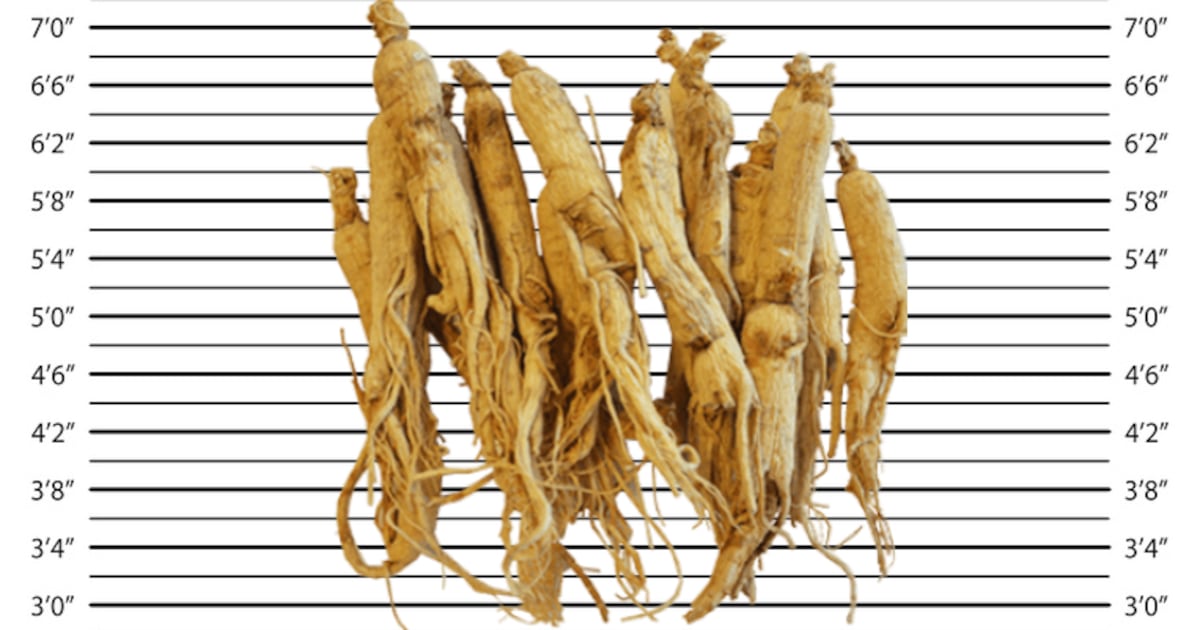Once only available on a limited basis, Petra Erlandsen, Alkemist Labs VP of Sales, told NutraIngredients that the positive feedback from clients inspired the lab to offer this information to the broader industry and highlight some of the tools available in supporting ingredient and product quality.
“This list, along with other resources such as the Botanical Adulterants Prevention Program (BAPP) bulletins and laboratory guidance documents, can be critical tools for the market to stay vigilant against adulteration and other quality issues.”
She added that the list is representative of the products Alkemist’s manufacturer clients are testing before they put them into their products, as well as some finished products.
Method
All the ingredients were tested using High Performance Thin-Layer Chromatography (HPTLC) to assess identity and quality of botanicals and various ingredients. HPTLC, for which Alkemist holds a flexible scope ISO 17025 accreditation, is able to detect adulterants and contamination, such as containing incorrect plant parts, closely related species, and unknowns. This technique is applicable to crude raw botanicals from powdered to whole form, extract (powdered or liquid) and finished product/blends.
Findings
While the usual suspects like ashwagandha, lion’s mane, rhodiola and saw palmetto made the list, one repeat offender was missing: elderberry.
“Elderberry was our most consistently failed herb for the first couple of years we did this tracking, but it fell off the list at the end of 2024,” Erlandsen told NI.
When Alkemist released its January 2024 list, they stated that they thought the elderberry problem was “created by the Covid-related spike in immune support demand and would have worked its way through the supply chain by now, but nope – we’re still seeing a lot of elderberry failures.”
Although the lab continues to see some failures among elderberry products, Erlandsen said the tests show they are not nearly at the levels they once were, demonstrating that some adulteration issues come in waves.
 Alkemist Labs released a list of the botanicals and fungi that most frequently failed identity testing during the first 8 months of 2025. (Alkemist Labs)
Alkemist Labs released a list of the botanicals and fungi that most frequently failed identity testing during the first 8 months of 2025. (Alkemist Labs)
At the end of the day, Erlandsen said the goal is for the industry to “work together to make it harder for cheaters to cheat,” – a theme CEO Elan Sudberg has been focused on ever since he lost a junior high school cross country race due to cheaters. More on that origin story here.
Reasons for failure
Erlandsen told NI that the list reflects a few different types of identity failures:
“Sometimes products fail because of species substitution or other forms of adulteration. Sometimes the problem is related to plant part mismatch. Sometimes it’s because the quality is so poor and any phytochemical fingerprint is so weak that identity cannot be confirmed. A certain number of the failures are because of a disconnect between brand manufacturer and raw material supplier that creates an inaccurate description of the product.
She added that when it comes to fungi materials, Alkemist sees confusion about the fungal stage or part, as well any substrate used in production in the case of mycelium.
“It’s important for people to know what they are buying and what they are claiming on the finished product and if there is a conflict between those two. We strongly encourage companies to educate themselves about proper specification of fungal stages or parts and insist on transparency with their ingredient suppliers.”
What brands can do
Erlandsen asserted brands must work with quality vendors to assure their testing is tight. “Whether it’s in-house, third party or through their contract manufacturer, the lab needs to be specialized in this work. Insist on scientifically valid test methods, and testing transparency.”
She added that the lab has noticed that the raw material supply chain is rocky – likely due to tariffs – so cautioned companies should stay vigilant.

